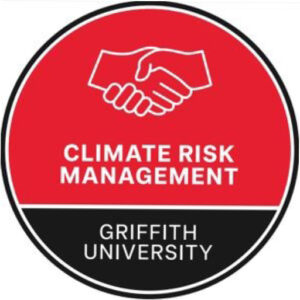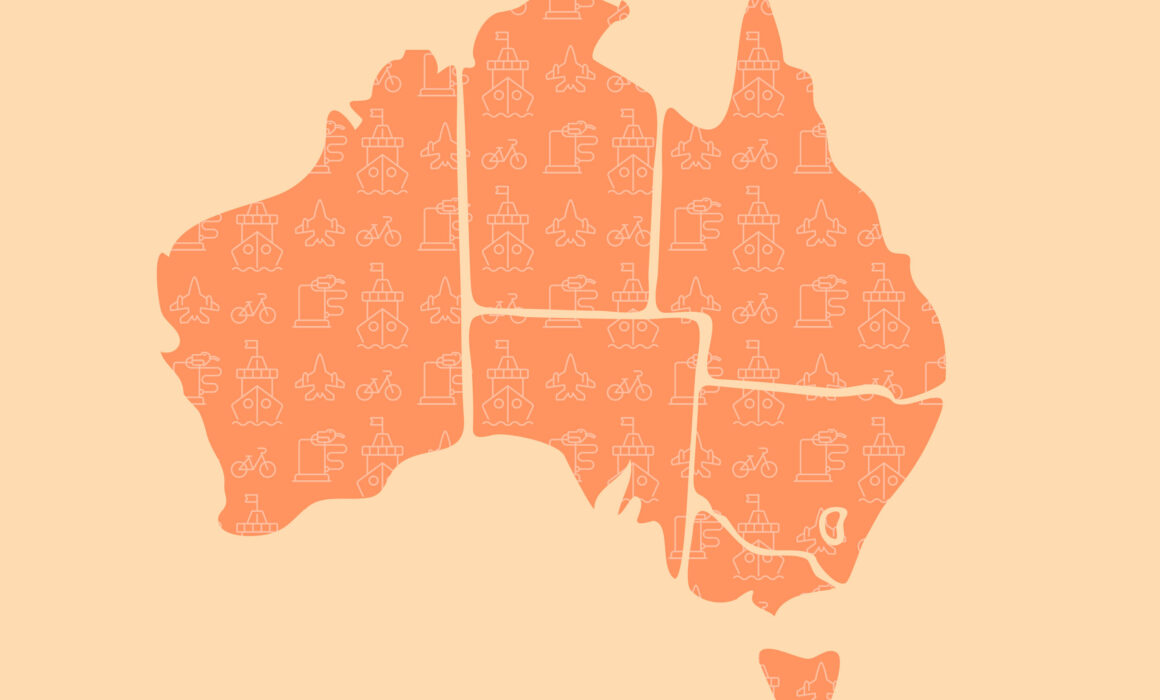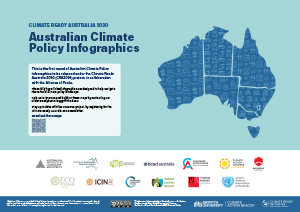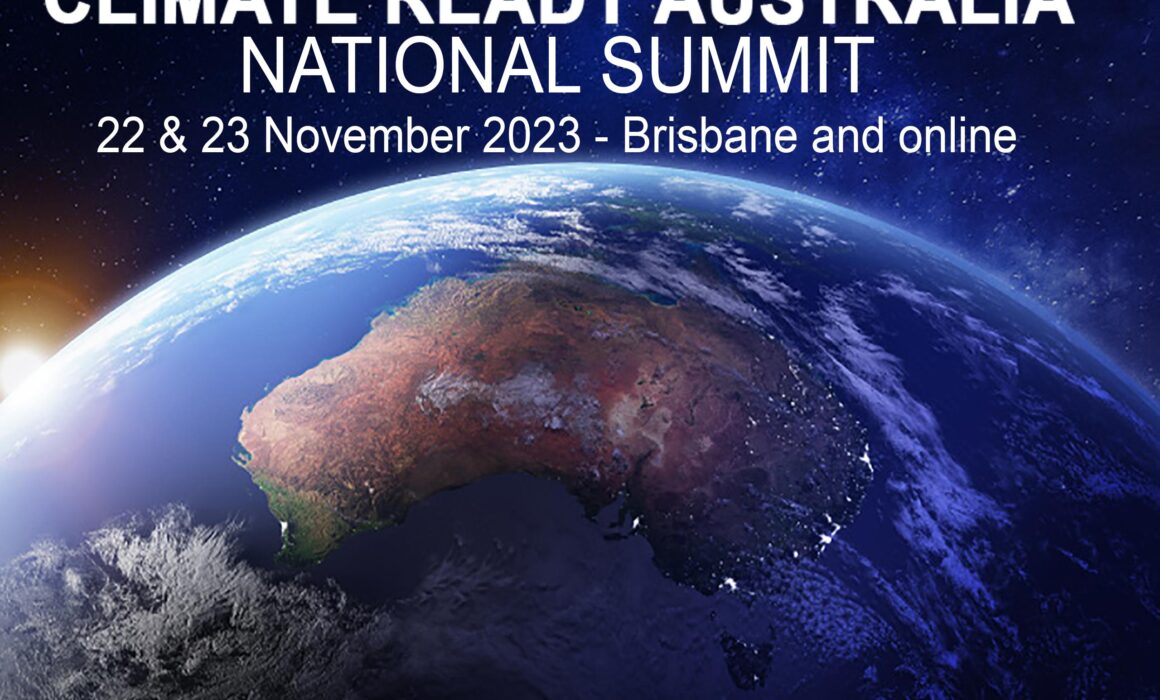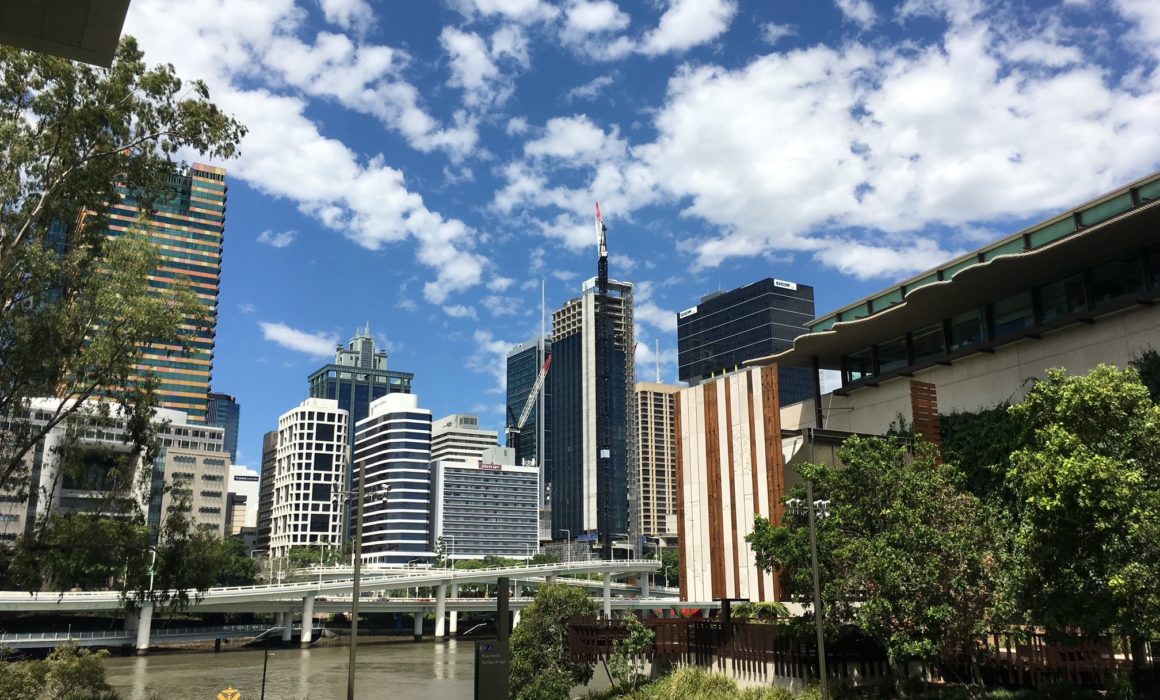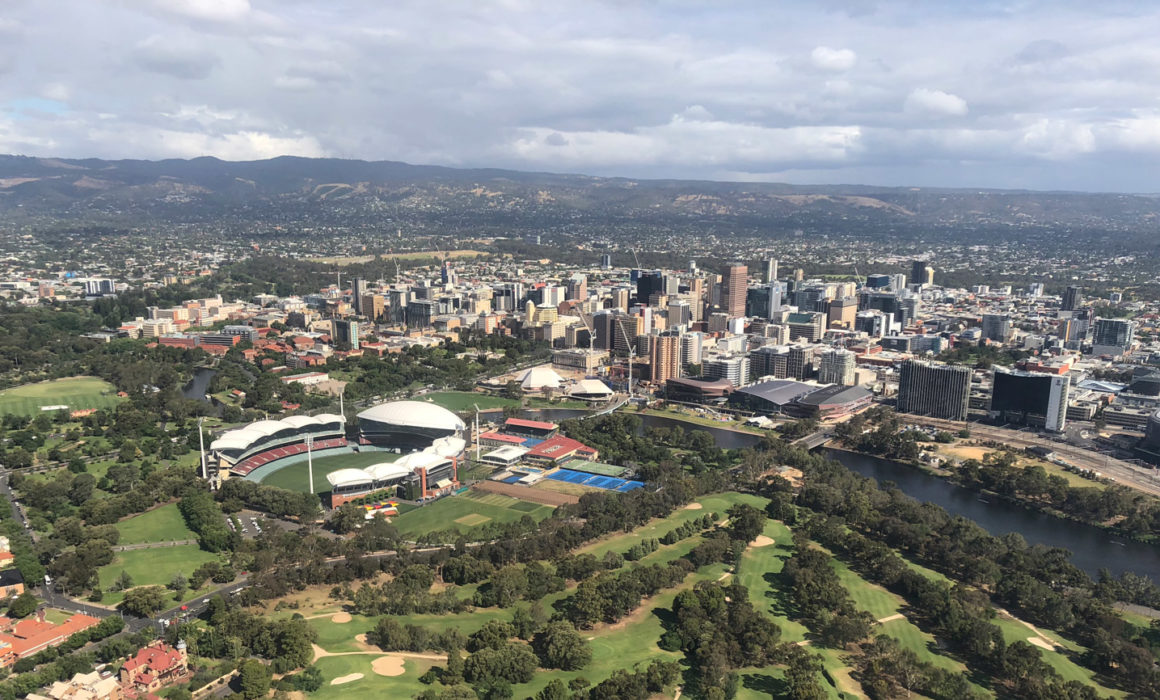New CRA2030 Australian climate policy infographics help navigate the national policy landscape
The Climate Ready Australia 2030 (CRA2030) project has delivered a suite of PDF infographics designed to help organisations understand and navigate the national climate policy landscape they work within.
A CRA2030 Alliance of Peaks working group discussed the need for clarity and understanding around the breadth of Australian climate policy and initiatives, and determined that a helicopter view of the overarching landscape would not only provide a helpful perspective, but prove a potent source of climate action gaps.
The fully hyperlinked PDF infographic suite includes:
- Key Australian climate adaptation policy frameworks and other initiatives at a federal and state/territory level.
- Key Australian climate mitigation policy frameworks, initiatives, agencies, authorities, advisory and partnerships at a federal and state/territory level across six major economic sectors.
The six economic sectors align with the announced development of sectoral decarbonisation plans by Hon Chris Bowen, Minister for Climate Change and Energy (Address to Clean Energy Council on 18 July 2023).
This suite is a foundational project, reflecting a point in time, and is intended to be built upon. We welcome your feedback and contributions towards improving this important resource.
Download the CRA2030 Australian Climate Policy infographics:
Climate Ready Australia National Summit 2023
Empowering and enabling climate action in this critical decade
Now is the time to catalyse climate action in Australia. Our summit will focus on sharing knowledge and building capacity for climate action among Australia’s peak bodies, across all levels of government, business and NGOs—with an agenda driven by the industry peak bodies collaborating together for a Climate Ready Australia 2030.
Day 1 will include the “must-have conversations” affecting organisations that are serious about advancing climate action and enabling a just transition. It will open with strategic thought leadership and discourse to accelerate climate action, with a range of curated and challenging keynotes, discussions and panels. Be inspired by the exhibition space, connect with new partners over lunch and join our official reception and networking event later in the day.
Day 2 will focus on capability building and includes bespoke two-hour learning labs, co-designed and delivered by Griffith University and industry experts. Following on from the first day’s discussions, day two is themed around getting to the “how” of climate action—developing knowledge, leadership, capability and responses to empower effective and just climate action across Australian society.
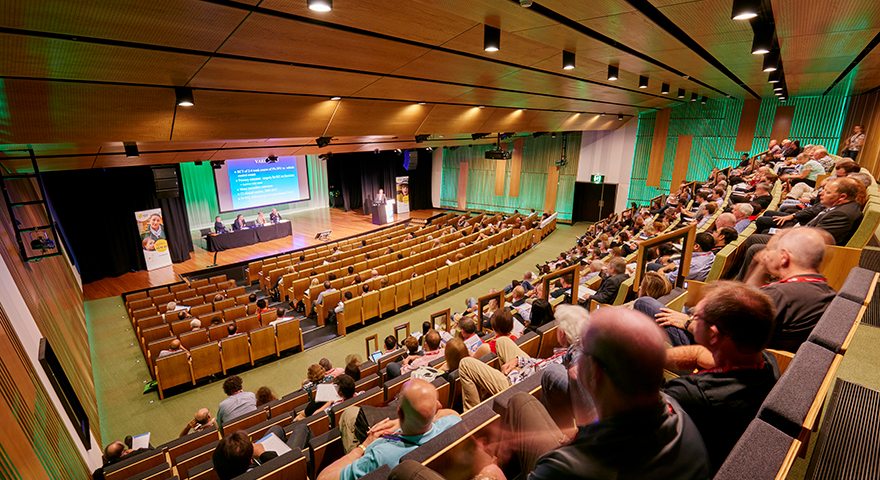
Aviation Reimagined 2023 Webinar Series
Aviation Reimagined is an annual webinar series featuring industry leaders, policymakers and researchers sharing their insights about a transition to a low-carbon and climate ready future for the aviation sector. This is the fourth consecutive year running this successful series, with new speakers and contributors delivering innovative insights from around the world.
The webinar series will be held every Thursday in October from 3-4:30 pm AEST (non-daylight saving time). During each session, you’ll hear from multiple subject matter experts, as well as a 20-minute question and answer session for you to submit your questions to our panel.
The sessions this year explore:
- Science matters – debunking some myths
-
Transformative policy – raising the bar for aviation decarbonisation
-
Climate-ready aviation – industry perspectives and practice
-
Technological innovation and advancements
Reimagining Aviation is facilitated by Dr Emma Whittlesea from Griffith’s Climate Ready Initiative, Professor Tim Ryley from Griffith Aviation and Professor Susanne Becken and Dr Bojana Spasojevic from Griffith’s Institute for Tourism.
We invite you to join us for one or all of our free sessions investigating the latest developments towards decarbonising flight. The program and speakers for each session are detailed at the link below.

Queensland Climate Ready Program, Update

Project in Brief
The Queensland Climate Ready (QCR) Program was established in August 2018 and is a partnership project between Griffith University and the Department of Environment and Science (DES) to strengthen institutional climate risk management within the Queensland Government. The QCR Program sits under the Climate Ready Initiative which is a social impact initiative under Griffith Climate Action Beacon aiming to shape a climate ready future.
The Program works in partnership to help advance the Queensland Government’s:
- Understanding of climate change risks and capacity to manage these.
- Capability to deal with climate risks in a coordinated and consistent way across government.
- Progress on priority climate risks based on the best available knowledge, skills, and resources.
Need for the project?
The Program supports delivery of the Queensland Climate Action Plan 2020-2030 (QCAP), which requires Queensland Government agencies to report their climate change actions and identify and manage climate risks. To read more about Queensland Government commitments to climate change, click here.
Example climate change impacts for Queensland are displayed in Figure 1. These impacts have the potential to exacerbate existing risks and create new operational risks and opportunities for government agencies. Climate risk can disrupt public sector administration by affecting financial security, insurability, and legal liability as well as the ability of agencies to deliver on their strategic objectives if not managed.
What has been happening?
Phase 1 of the Program (2018-2021) included working with four pilot agencies to undertake climate risk baseline assessments of their agency which was effective in raising awareness and building agency capacity in climate risk management. The process helped agencies to identify both gaps and good work that was already underway. Griffith staff managed and delivered the program and provided a critical friend role that included: expertise; support; guidance; and a whole-of-government perspective. Phase 1 demonstrated critical steps to advancing climate risk management at the agency level, setting the strategic challenge, undertaking a baseline assessment, and ensuring there is an institutional strengthening process. Other achievements across Phase 1 included the establishment of a Core Partners Working Group comprising central agencies and delivery of two government knowledge sharing symposiums that engaged all agencies and 80-100 attendees at each one. These events raised awareness of the program and provided an opportunity to strengthen climate risk dialogue across government.
What is the current focus?
Phase 2 of the QCR Program commenced in June 2021 and delivered a third symposium and has engaged two new agencies to undertake baseline assessments. The QCR Program is also developing two guidance documents:
- A high-level strategic framework for an agency that frames a coordinated and consolidated approach to managing climate change and climate risk, that considers and addresses climate adaptation and mitigation.
- A detailed climate risk management guideline for government agencies to help advance their climate risk management in line with the Queensland Climate Adaptation Strategy and contemporary best practice.
We are looking forward to progressing deliverables to the end of 2022 and are planning how we can continue to have an impact in 2023 and beyond.
More Information
If you would like more information on the QCR Program, please contact the Project Manager Cheryl Briars: [email protected]
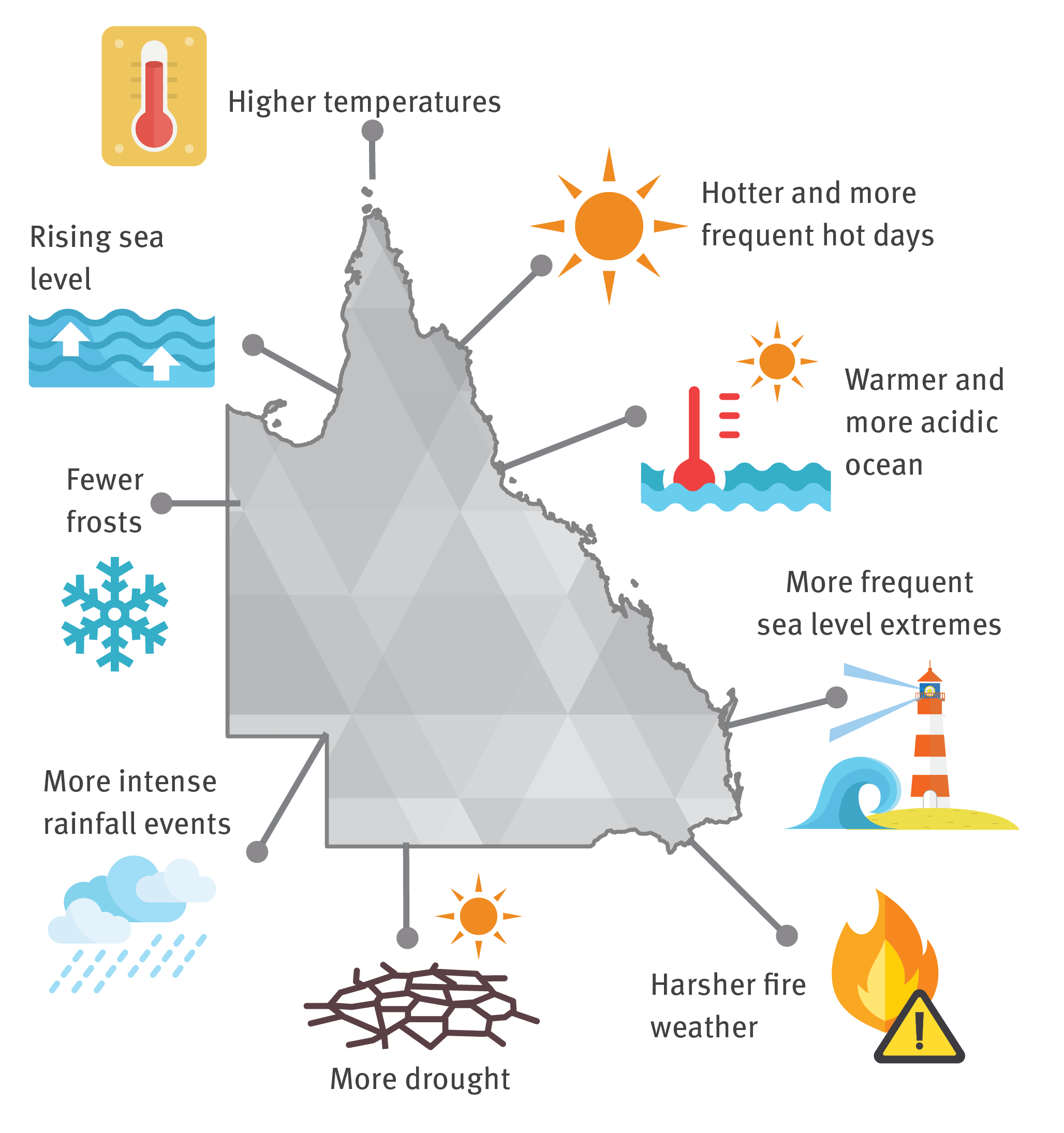
Climate change impacts for Queensland
Who is involved?
The project is a partnership between Griffith University and the Queensland Government Department of Environment and Science.

Top Photo : Brisbane from the Gallery of Modern Art. Image: Jaana Dielenberg
Australian business leaders and industry groups unite to advance climate economy transformation
An alliance of business leaders, industry and community groups are committing to a five-year alliance to get on with the job of planning and delivering our sustainable economy transformation.
Engineers Australia, the Planning Institute of Australia, the Australian Youth Affairs Coalition and the Infrastructure Sustainability Council are among the first to join the Climate Ready Australia 2030 (CRA2030) alliance which is a flagship project of Griffith University’s Climate Ready Initiative (CRI).
The project is backed by CRI’s high-profile board and chaired by internationally-recognised impact investment expert Rosemary Addis AM who believes Australia is at a crossroads where we should make strategic decisions about the future we want to create.
“Done well, the transformation required by climate change has the capacity to deliver substantial positive social, economic and environmental benefits,” said Ms Addis.
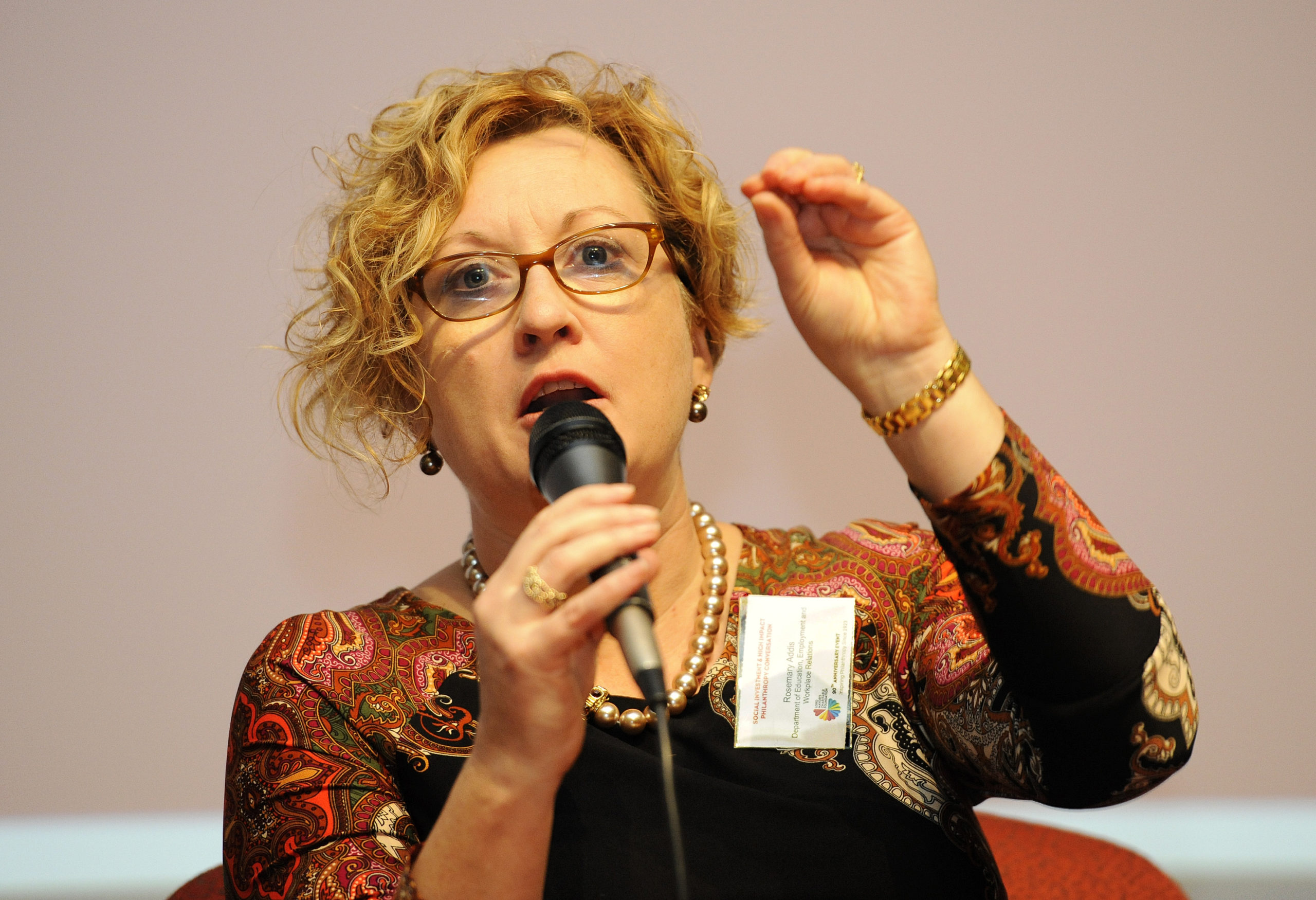
Credit: Lord Mayor’s Charitable Foundation
Rosemary Addis AM, Chair of the CRI presenting on investment for impact.
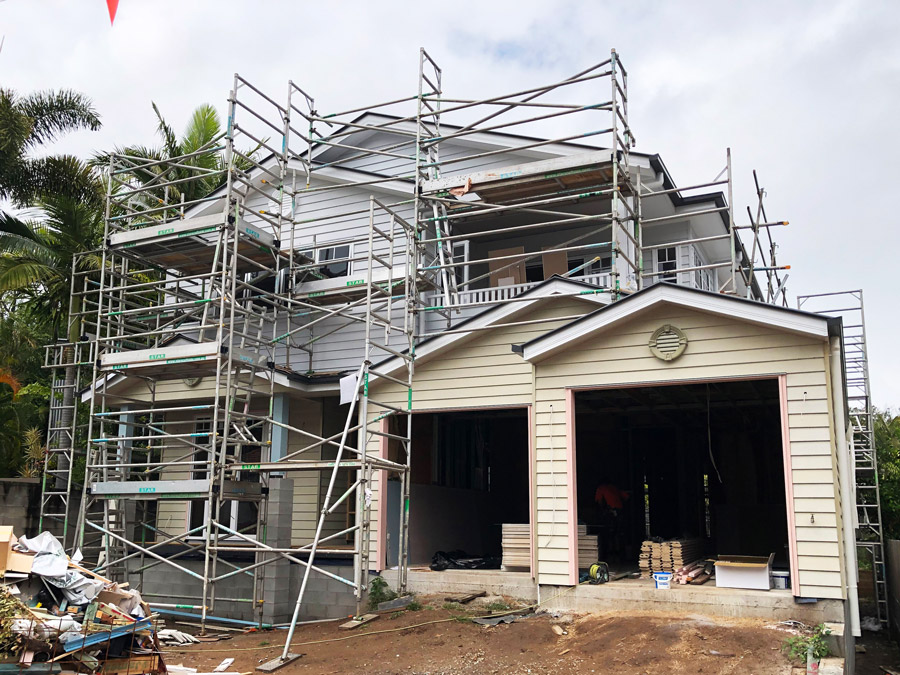
Credit: Jaana Dielenberg
Energy intensive industries like construction face a rapid transformation.
“But, if we don’t keep pace with global expectations we will increasingly see Australian goods and services penalised, such as through facing higher trade tariffs. Our agriculture, energy, health, and infrastructure sectors all face major threats that we must prepare for.
“If we don’t take transformative action on climate change now, Australia risks missing out on the substantive economic opportunity, jobs creation and broader environmental co-benefits of a carbon neutral future.
“Australia currently lacks a plan for how to deliver our carbon commitments while ensuring that 25 million Australians are better off in 5, 20 and 50 years time,” Ms Addis said.
“This is an ambitious project aiming to fill this critical gap, by developing a detailed plan of how to get there, in collaboration with the industries and community groups that must be part of solutions.”
Convening CRA2030 is Sam Mackay, Executive Director of the CRI, who said that other peak groups are encouraged to join the Alliance.
“By joining, industry and community groups can help to shape a shared plan for sustainable development that builds on past successes.
“This includes identifying the big transformative actions and investments needed to minimise Australia’s risk and enhance our opportunities in a rapidly transforming world,” Mr Mackay said.
Professor Brendan Mackey, CRI Deputy-Chair and Director of the Griffith Climate Action Beacon, said that Griffith University provides a neutral platform to facilitate dialogue and collaboration between business, government and community, as well as helping ensure these deliberations are informed by robust evidence.
“The alliance will benefit from Griffith’s internationally recognised expertise and experience in climate risk management and social and economic development, in Australian and in the Asia-Pacific,” Prof Mackey said.
Australian business leader and CRI Board Member Ann Sherry AO said, “Ultimately climate resilience and driving to net zero requires us all to be part of the solution: Corporations and companies, investors and asset managers and community organisations.
“This coalition of interests brings together these, sometimes disparate, voices and interests to drive the joint effort and change we need, and the urgency we need.”
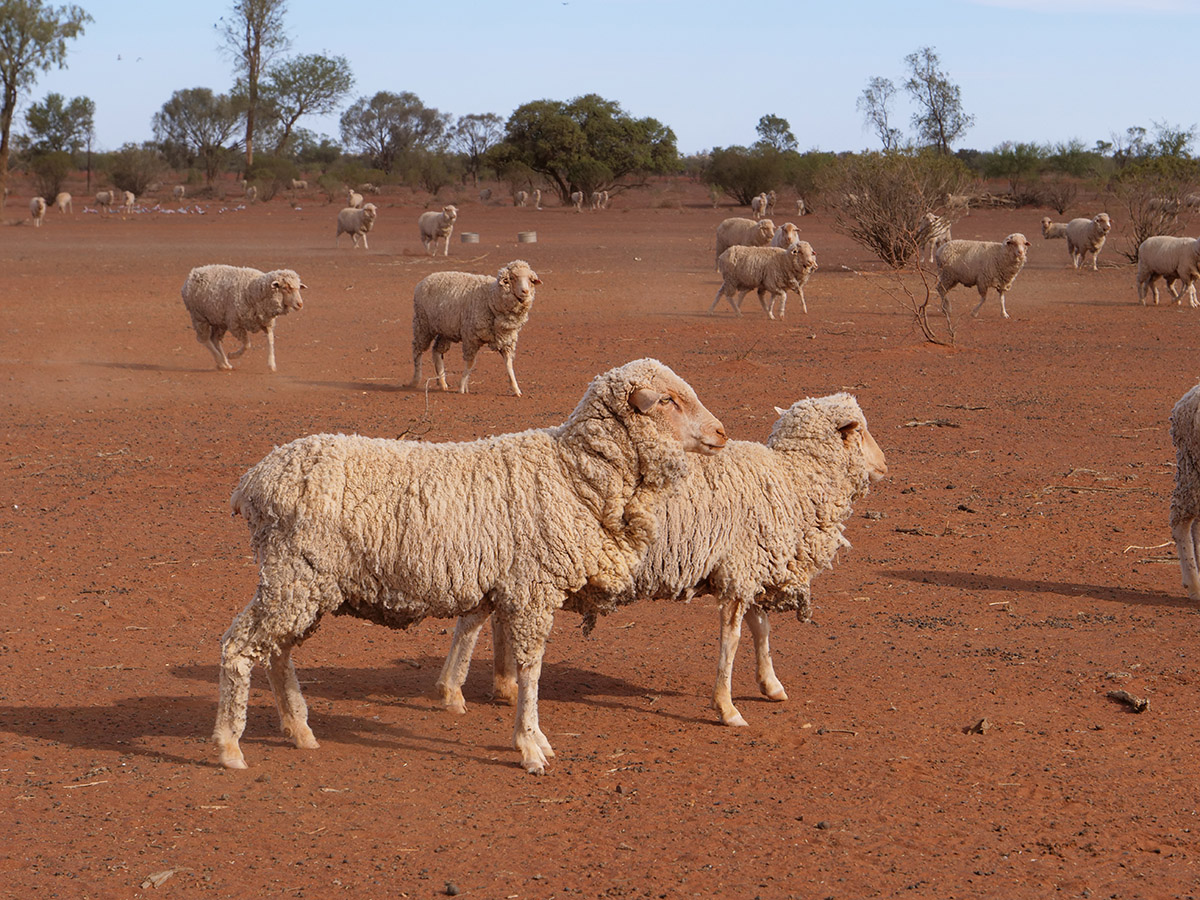
Credit: Jaana Dielenberg
Industries need to prepare for future climate risks. For example sheep districts in western Queensland and NSW are expected to face increased temperatures and more time in drought.
Here is what some of our alliance partners had to say:

David Williams, CEO Planning Institute of Australia.
“Meaningful action on climate change will take every sector across the nation stepping forward together.
“Planners want to play their part in that shared future by creating more resilient communities, liveable places and a stronger natural environment across Australia.”

Dr Bronwyn Evans AM, CEO Engineers Australia.
“Engineers Australia is committed to real-world action to address the increasingly urgent threat of climate change impacts, both globally and in Australia.
“Working with governments, industry, academia, and the broader community, engineers can help design and build a sustainable, prosperous future for all. The CRA2030 project will help drive a significant and shared national agenda to that end.”

Caitlin Figueiredo, Co-Chair Australian Youth Affairs Coalition
“Young people have the knowledge and ambition to create a more sustainable future that works for everyone. We want fair and inclusive climate action that leaves no one behind.
“The CRA2030 project is an opportunity to embrace climate action and to work together with young people and the entire community to determine our shared future.”

Ainsley Simpson, CEO Infrastructure Sustainability Council
“As the peak infrastructure sustainability body across Australia and New Zealand we believe urgent action is required to shift towards infrastructure that both delivers and enables a low-carbon, climate-resilient infrastructure.
“The CRA2030 is a powerful opportunity to break-down industry silos and achieve impact across the economy for people, the planet and business.”
Top Photo : Our cities and suburbs are changing. For example, Adelaide is predicted to have more very hot days. Good urban planning can help to reduce the impacts. Credit: Jaana Dielenberg



